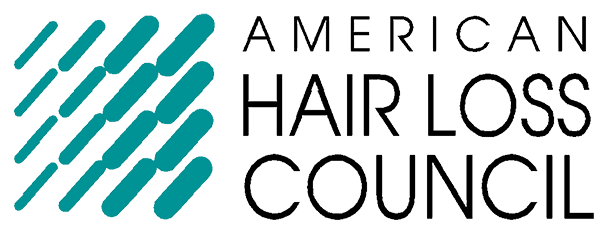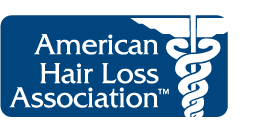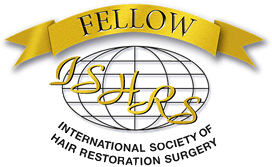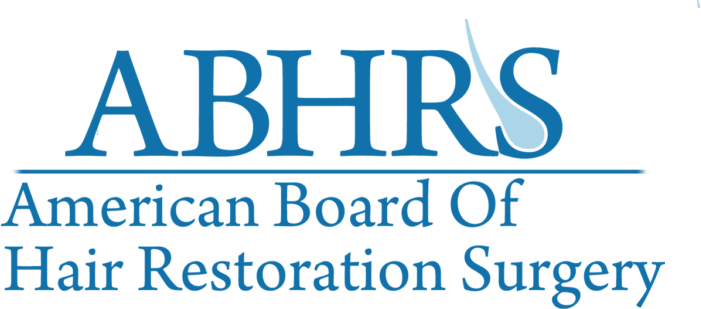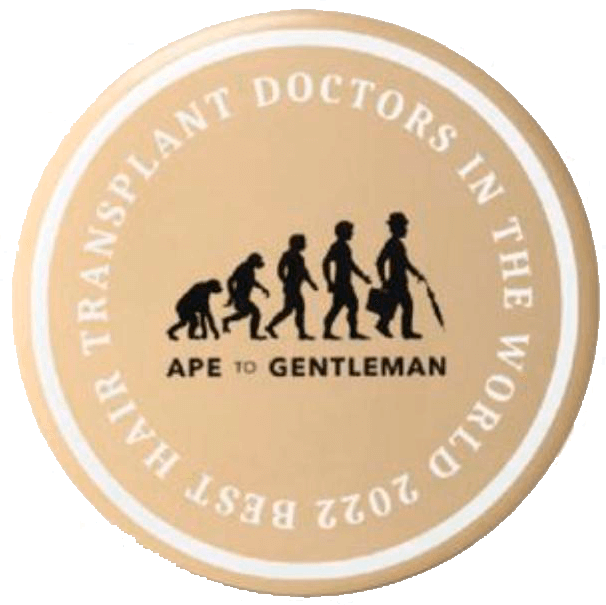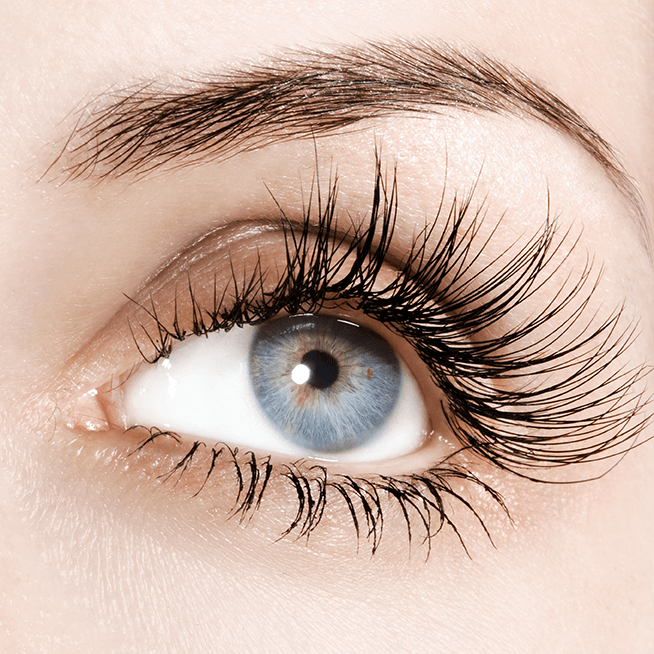Can Testosterone Cause Female Hair Loss?
In a word, yes. Just like men, a woman’s hair can also be affected by testosterone. However, female hair loss can often look a little different than male pattern hair loss. Hair loss in women is often accompanied by increased shedding of hair, loss of density, loss of volume, and loss of coverage–sometimes even receding in the temples and hairline. The good news is that at Bauman Medical, we have over 25 years of experience helping women with hair loss maintain, enhance and restore their own living and growing hair. Since there are many causes of hair loss and many new options for treatment, Dr. Bauman always recommends a complete diagnostic medical hair loss consultation to get to the root of your hair loss problem and measure your baseline hair growth status before starting any hair growth therapy.
Women’s Hair Loss and Androgenetic Alopecia
The medical name for female hereditary hair loss is Androgenetic Alopecia. The ‘andro’ part of the terminology refers to an inherited sensitivity to male hormones called “androgens.” But don’t let the name fool you, androgens can be found in both men and women and play an important role in puberty, regulating many organ systems, and are necessary in women for estrogen synthesis.
In men, we know androgens are primary triggers for male pattern hair loss–receding in the hairline and balding in the crown area. In women, androgens are believed to be responsible for diffuse thinning in the frontal area and receding hairlines and temples in more severe cases. Interestingly, science suggests that it is not necessarily the amount of androgens that is the determining factor regarding your hair loss, but instead, the sensitivity to the androgens.
Testosterone, DHT Dihydrotestosterone, and Hair Follicles
In the body, testosterone is converted to DHT or dihydrotestosterone by an enzyme called 5-alpha-reductase or 5-AR. Science suggests that while both testosterone and DHT can cause hair loss, DHT is the more powerful of the two androgens. Both sexes have circulating androgens, however, in men, levels of testosterone and DHT are higher than in women. It is important to note that androgens have a different effect on hair follicles depending on their location in the body. For example, androgens trigger hair growth in the pubic and axillary (underarm) regions during puberty. The androgen DHT has been identified as the primary trigger for hair loss in the scalp in men and is also a major contributing factor in women’s hair loss as well as unwanted facial hair growth (hirsutism).
DHT and Female Hair Loss
DHT is known to trigger gradual miniaturization of hair follicles. When DHT binds to receptors on the cells in hair follicles, a process of miniaturization begins, causing hair follicles to produce a thinner, shorter, wispier hair with each successive hair cycle. This miniaturization can result in loss of volume and coverage in the affected area. Treatment strategies that reduce the amount of circulating DHT in the body as well as directly at the level of the scalp have been shown to be successful at protecting and enhancing hair follicle function.
Hormones, Hormone Optimization or Replacement & Hair Loss
Male and female hormones play important roles within the body for both men and women. During perimenopause and menopause in women, hormone levels decline. Declining hormone function and its effects may prompt women to seek hormone replacement or hormone optimization therapy for improved wellness and improved quality of life. When strategies to improve healthspan or lifespan include increasing androgens directly or indirectly, oftentimes, women find themselves facing unwanted scalp hair loss. The good news is that at Bauman Medical, we have extensive experience in successfully treating hair loss in thousands of women over more than twenty-five years.
Is Female Hairline and Temple Recession Due to Testosterone?
If you’ve noticed that your temples look more receded than before after starting testosterone therapy, you are not alone. Many women find that their hairline is taking on a more masculine, appearance months after using testosterone gels, injections, or pellets. As the hairline recedes, it changes your facial proportions–making you appear older and less feminine. Patients often ask, “Do I need to stop testosterone to protect my hairline?” and rarely, the answer is “yes,” but thankfully not for most patients. Protecting the hairline and temples often becomes the main focus for women who are enjoying the many benefits of testosterone therapy. It is possible to protect hair follicle function and enhance hair growth, as long as the follicles are still viable and can be rejuvenated. For women with long-standing hairline recession or severe density loss, hair transplantation may be the only viable option for restoration of that area.
Other Causes of Female Hair Loss
There are many causes of hair thinning in women, meaning there’s not typically just a single “culprit” when it comes to female hair loss and that some triggers and risks are more powerful than others. Certainly, genetics and sensitivity to androgens can play a major role, however, today, we more greatly appreciate the fact that both intrinsic (inside) and extrinsic (outside) factors all play an important role in the health of your hair follicles. Overall wellness, from diet/nutrition, to stress management/self-care, sleep habits, medications, and supplements, in addition to scalp health and hair styling habits, can all play a role in the quantity and quality of hair you maintain throughout your life, improving, as Dr. Bauman would say, your “hairspan.”
Treating Androgenetic Alopecia in Women
Obtaining an accurate diagnosis is critical if you are going to achieve results with any hair regrowth regimen, and this is especially true in treating female hair loss. Once an accurate diagnosis is obtained and baseline measurements obtained, a therapeutic regimen can be started that addresses both the intrinsic and extrinsic influences on your hair follicles. If you are on a hormone optimization regimen that includes testosterone, it’s important to consider reducing your testosterone replacement, adding anti-androgen therapies (pharmaceutical or herbal/nutritional), and using medical hair loss treatments (pharmaceutical, regenerative, etc.) to enhance the function of your existing follicles to make them perform better and become more resilient to negative influences.
If you or someone you know has hair loss, hair thinning, baldness, or eyebrow / eyelash concerns, click to start either a long-distance virtual consultation OR an in-person, in-office consultation with Dr. Bauman. You can also Ask Dr. Bauman a Question or simply call Bauman Medical Group at +1-
*Each individual's treatment and/or results may vary




 VIDEO: How To Choose The Right Hair Transplant Surgeon
VIDEO: How To Choose The Right Hair Transplant Surgeon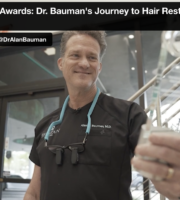 VIDEO: Dr. Bauman Shares His Journey to Hair Restoration Excellence
VIDEO: Dr. Bauman Shares His Journey to Hair Restoration Excellence How to Feel More Confident At Home, Work, and on Dates
How to Feel More Confident At Home, Work, and on Dates Want PRP results that make you smile? Read this
Want PRP results that make you smile? Read this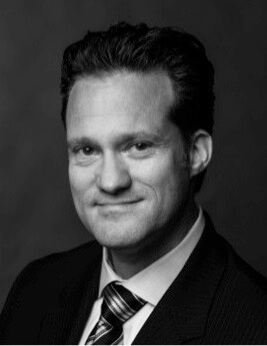 Dr. Alan J. Bauman, M.D.Hair Loss & Hair Transplant ExpertBoca Raton, FL
Dr. Alan J. Bauman, M.D.Hair Loss & Hair Transplant ExpertBoca Raton, FL